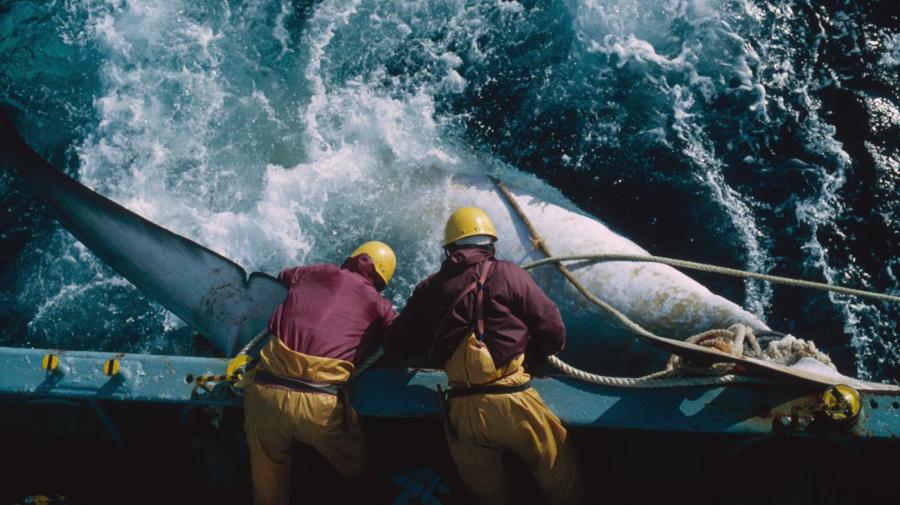What Are the Disadvantages of Whaling?

The major disadvantages of whaling include the potential extinction of some whale species, the unsafe levels of mercury that whale meat can contain and the potential harm to ecosystems that removing whales can cause. In addition, whale watching is a lucrative business in many parts of the world, and whaling could have an impact on that activity, according to Nature Publishing Group.
A major problem with whaling centers on the impact to whale populations. For example, gray whales have been extinct in the Atlantic for hundreds of years. It is also believed that there may be as few as 4 percent of the total population of blue whales that lived before exploitation began.
Fewer whales can also have an impact on the ecosystem. When a whale dies, its body sinks to the bottom of the ocean. On the ocean floor, a whale’s body provides food to many different creatures that normally do not have access to such an abundant food supply.
While many proponents of whaling claim that the practice creates jobs and puts money into the economy, it also has the potential to damage a country’s economy. It has been estimated that marine tourism related to whale watching could generate $413 million each year. In addition, whale meat, which is one source of income from whaling, can contain dangerous levels of mercury and lead to mercury poisoning.





